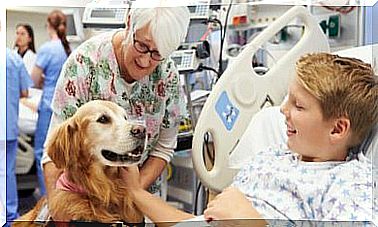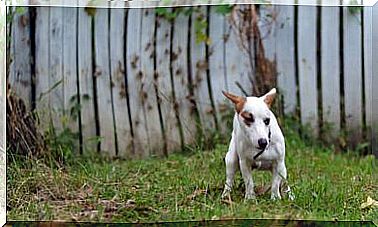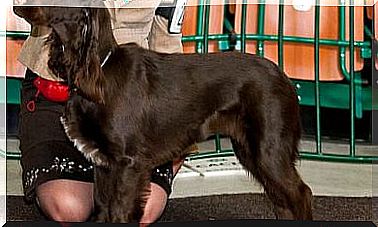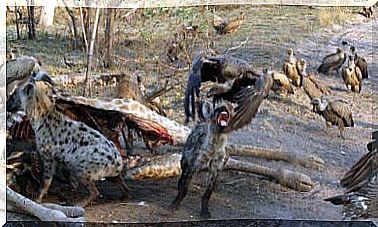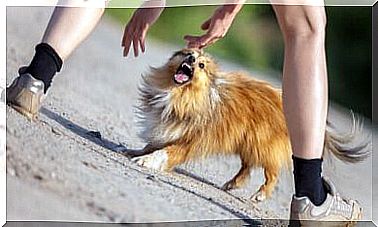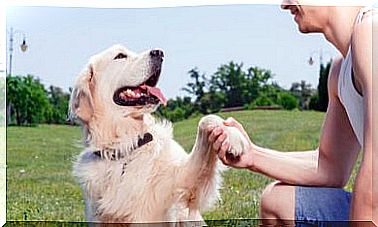Veterinary Neonatology: What Are Its Tasks?
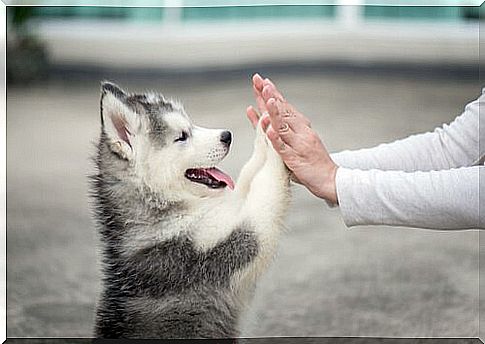
Similar to the birth of children , veterinary neonatology takes care of the animals’ puppies. This science is concerned with basic care for newborns in their first few days of life.
A newborn puppy needs special attention for its survival. The Veterinärneonatologie covers the first 15 days of life of the puppies.
In addition , this science also takes care of the mother and observes the behavior of the litter with the aim of reducing mortality.
What are the tasks of veterinary neonatology?
Veterinary neonatology takes on some of the tasks that the mother has with her newborn puppy.
1. The observation. Observation is the first of the functions performed by a specialist in the field. Not all puppies behave the same way despite having the same instincts.
It takes about a month for the puppy to develop to independence. At 14 days he begins to open his eyes and develop his hearing.

In the third week, puppies take their first steps and start following their mother. They also imitate everything and learn from it.
The mother’s behavior has a decisive influence on the well-being of the little ones. A nervous mother can transmit her nervousness to her pups. This fact can also be the cause of a problem with one of the newborns.
2. Control of weight and height. There are general measures that indicate the normal growth of animals. In this way one can closely monitor whether the development of the puppy is normal.
The neonatologist checks the weight to ensure that the animal’s development is consistent with its breed. Newborns should have doubled their weight two weeks after birth.
If not, it is important to check his diet, frequency of feeding, and hydration. The puppy may have problems with the sucking reflex or his brothers and sisters may not leave him room to eat.
The hygiene and the right place for the puppies
3. One of the tasks of veterinary neonatology is the hygiene of the puppy. This includes cleaning the pups of feces and the area in which they are staying.
It is important to keep puppies in a clean environment to avoid infection or disease. As for personal hygiene, mothers are the first to take care of keeping their newborns clean. When the mother is absent, the puppy can be gently cleaned with a damp cloth.
4. The place where the puppies are kept from the beginning is very important. It shouldn’t be too damp to avoid colds or flu. But not too dry either, because they could become dehydrated.
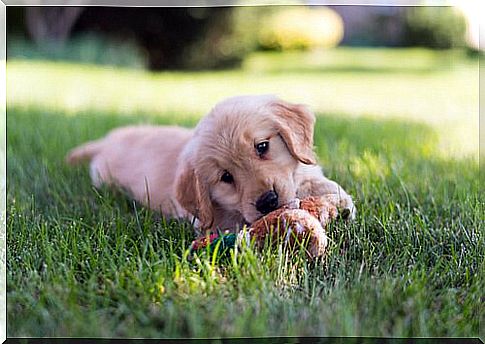
The ideal temperature for newborns is between 27 and 32 degrees Celsius, which ensures a body temperature of 34 to 36 degrees for the puppies. Another important point is that it is a ventilated place to avoid early infection.
Diseases that veterinary neonatology helps prevent
1. Neonatal hypoxia. This occurs when the puppy inhales amniotic fluid during labor. This hypoxia can cause the airways to collapse.
One way of preventing this is to support the mother during childbirth.
When a case of hypoxia occurs, the neonatologist clears the airways. He sucks off the area of the throat and larynx with a syringe.
2. Hypothermia occurs when the puppy is too cold. This often happens with small litters because the dogs cannot cuddle up to each other enough to warm each other.
To warm the newborn again, it is placed on a warming blanket. But you can also put it between two hot water bottles. The increase in body temperature should be steady in order to avoid excessive shock for the puppy.
3. Dehydration. Dehydration can be due to a very dry environment. It is also possible that the puppy is not eating properly.
This condition is best recognized by its weight. Depending on the breed, a puppy has to gain weight continuously. For example, a puppy that will weigh 20 kg as an adult dog should weigh 40 to 80 g per day as a young dog. In acute dehydration, the neonatologist must feed the newborn with sugar water or dairy products.
Other diseases that can occur in puppies
4. Hypoglycemia is the decrease in blood sugar levels. Symptoms include weakness, dizziness, and shortness of breath.
The main cause may be a problem with the mother. Little milk production, breast inflammation or stress. In order to regenerate the newborn quickly, it is necessary to switch to artificial breastfeeding.
There are other diseases that puppies can inherit from their mother. Most are related to vitamin and nutritional deficiencies and bacterial infections.
